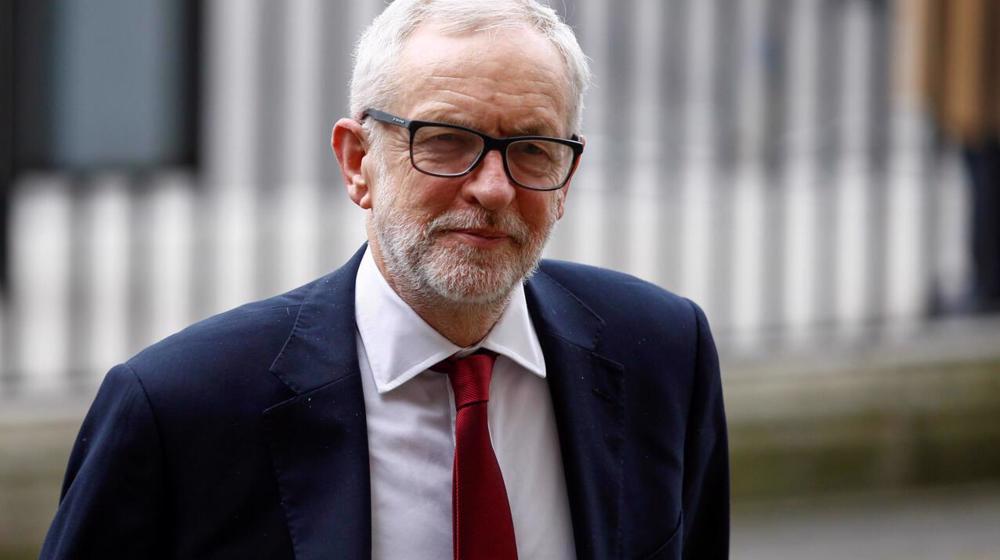The EU may be making matters worse by accommodating Britain
The European Union (EU) is on the threshold of signing off on yet another Brexit extension, this time to January 31, 2020.
Last-minute feet dragging by the French notwithstanding, the EU’s decision was not a surprise. There is almost universal unanimity that the EU should give Britain as much room and breathing space as it needs to sort out the Brexit mess.
But is this approach really in the EU’s interests? At one level, it can be argued that it is, on the grounds that the EU is loath to lose any member state for fear of undermining the bloc’s cohesion.
And let’s not forget that the UK is not just any ordinary state; it was one of the EU’s core member states for decades. As a former imperial world power, the UK gave a degree of prestige and depth to the EU.
At a more practical level, the UK was the EU’s biggest military power with both the will and the wherewithal to project military force beyond the EU’s borders. Britain is also a major intelligence power, and a significant contributor to the EU’s security needs.
The economic dimension is important too. The UK is the EU’s second biggest economy (after Germany) and as such its absence will leave a marked impact on the bloc’s trade and finances.
According to Eurostat, the gross domestic product of the EU amounted to €15,300 billion in 2017, over half of which was attributable to three core member states, namely Germany, the UK and France.
However, at another level, it can be argued that a continuous Brexit delay is in fact inimical to the EU’s internal cohesion. Whilst the EU is understandably not keen on losing members, by the same token it cannot be seen to be too “soft” on recalcitrant or rogue member states.
At a deeper level, the EU must accept that the UK is leaving and no amount of delay or extension is going to change that basic fact.
Judging from the varied positions and statements of EU leaders in the past three years (since the Brexit referendum of June 2016), it would appear that there is a latent feeling in the block that the UK can somehow be persuaded to stay.
That is clearly wishful thinking as British leaders from both ends of the spectrum (Leavers and Remainers) have made clear that the result of the 2016 referendum will be respected.
Nor can the EU expect to place post-Brexit relations with Britain on a more stable footing by continually delaying Brexit. The British political establishment is deeply splintered – and in some cases, particularly in respect of Scottish nationalism and the border issues in Ireland – it may even be fatally splintered.
Continually delaying Brexit is not going to heal those deep political divisions. In fact, the opposite may occur as the divisions deepen and become more and more entrenched.
In the light of this political reality, the EU may have shot itself in the foot by granting the UK yet another breathing space.
By Rupert Cansell, Investigative Journalist
Hamas thanks Iran, Resistance Front following achievement of ceasefire in Gaza
'Capitulation': Israeli officials and media concede Gaza defeat as truce unfolds
'Gaza has won': Social media users react to ceasefire with mix of relief, joy
Iran seeks South Korea’s assistance for AI, fiber-optic projects
VIDEO | Iran's 'Eqtedar' (Power) maneuver
Israel hits HTS military target in Syria for 1st time since fall of Assad
VIDEO | Press TV's news headlines
Israel has slaughtered 13,000 students in Gaza, West Bank










 This makes it easy to access the Press TV website
This makes it easy to access the Press TV website